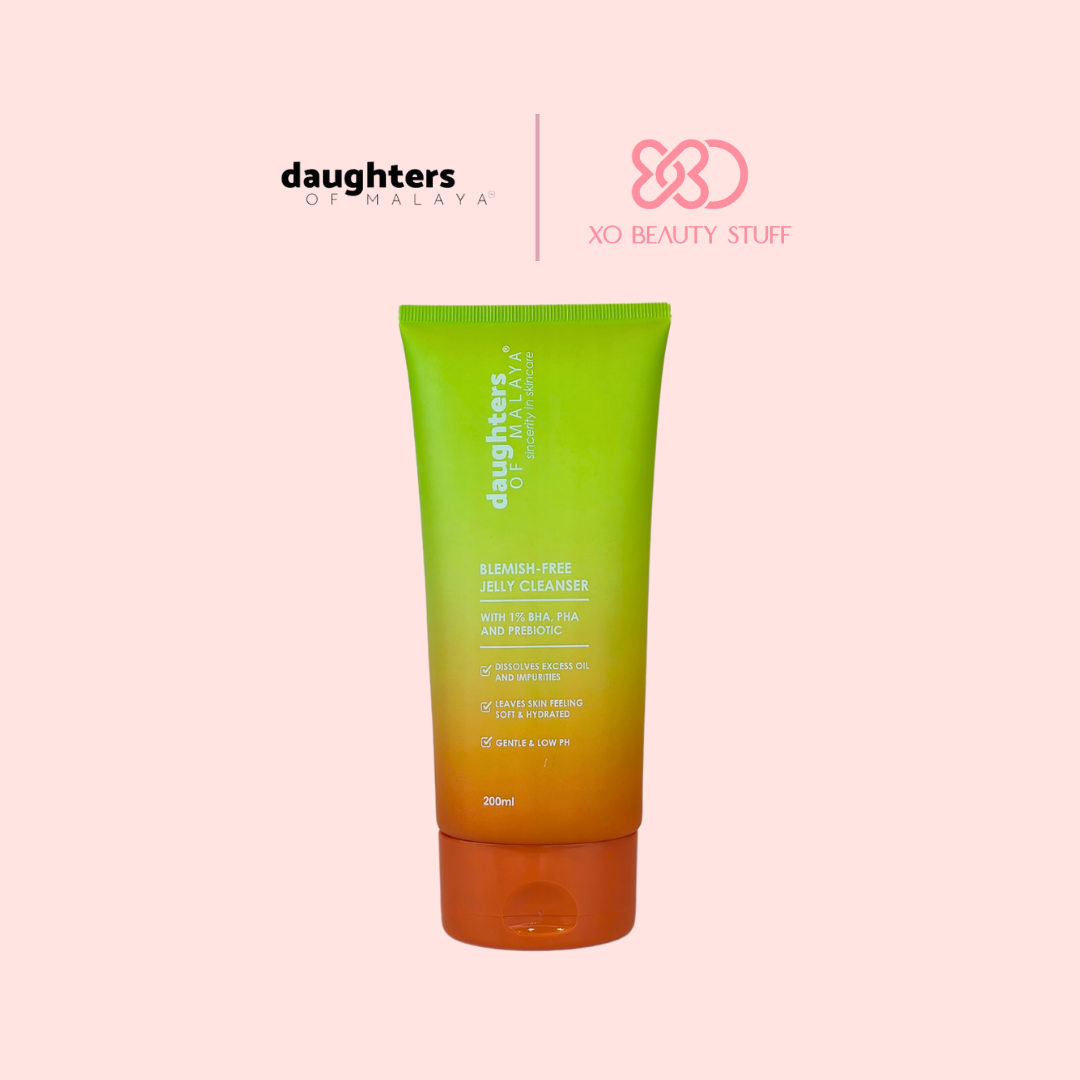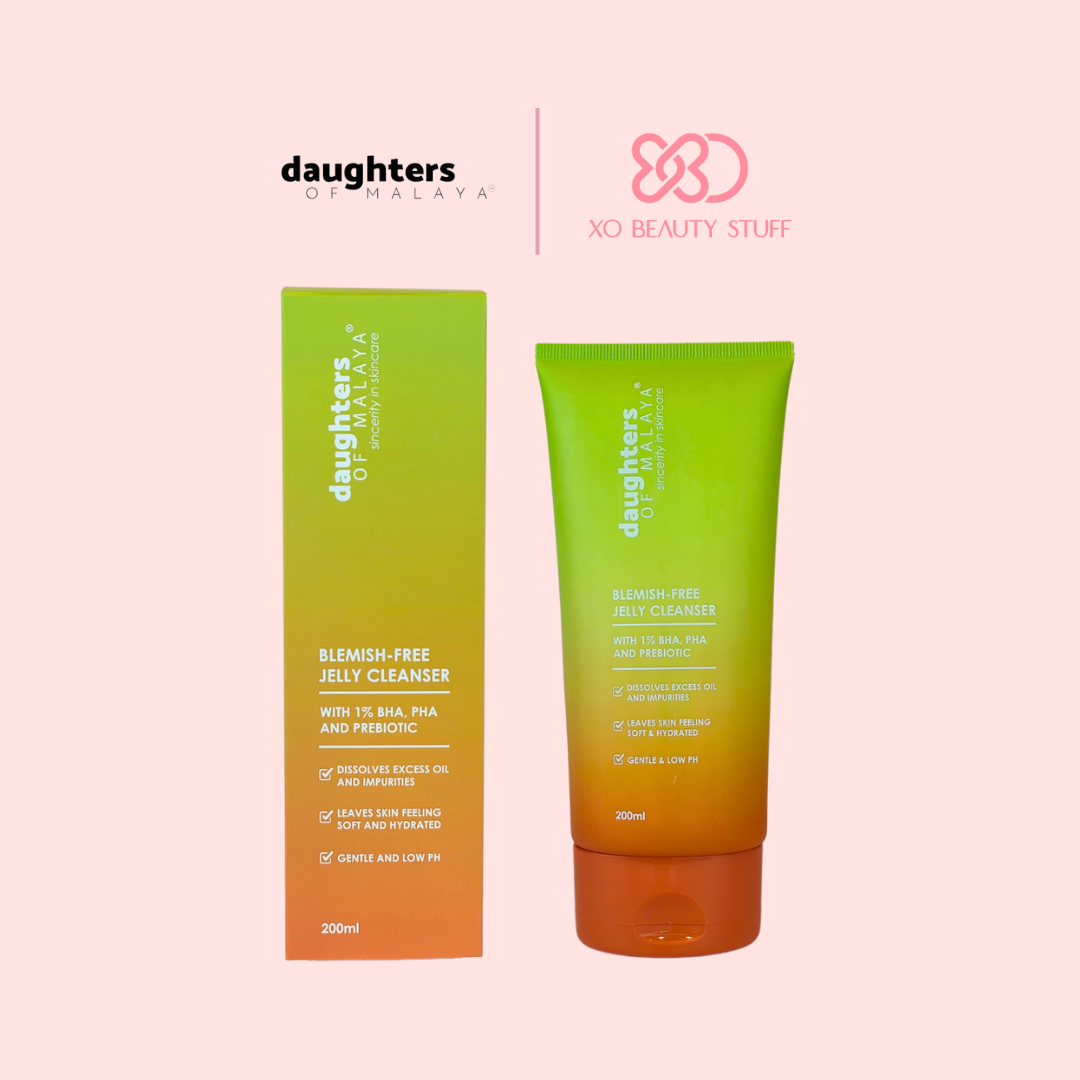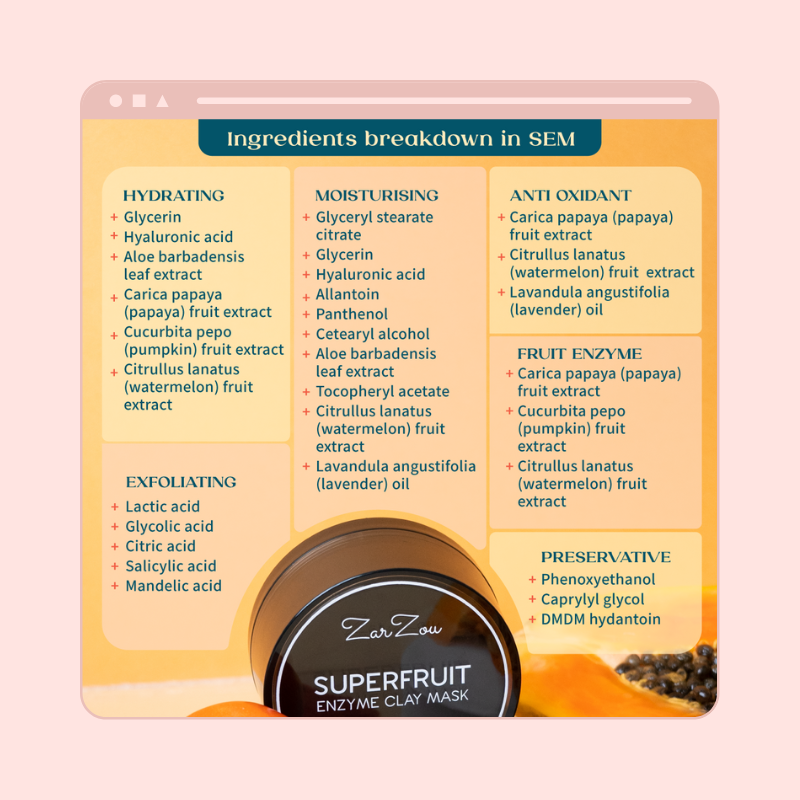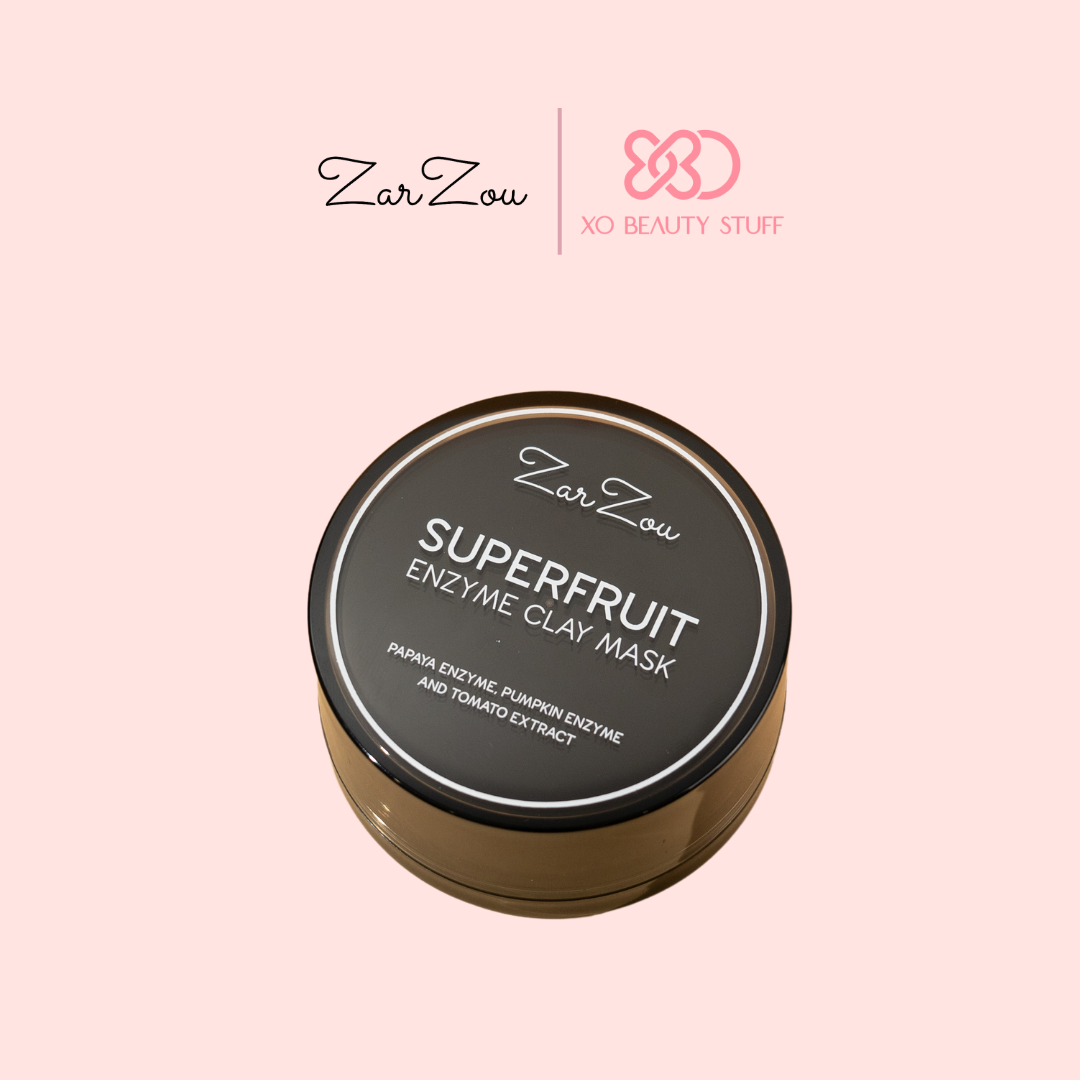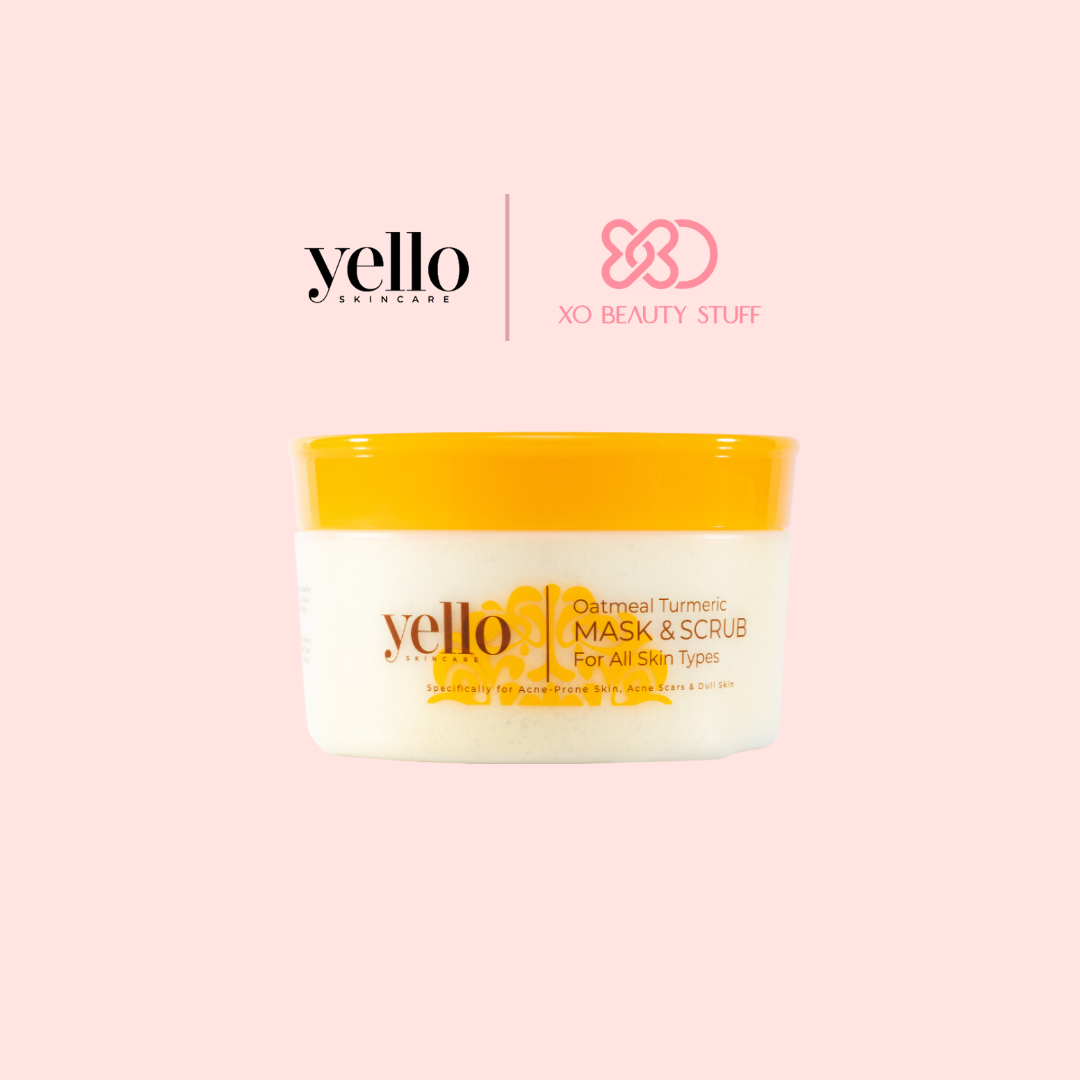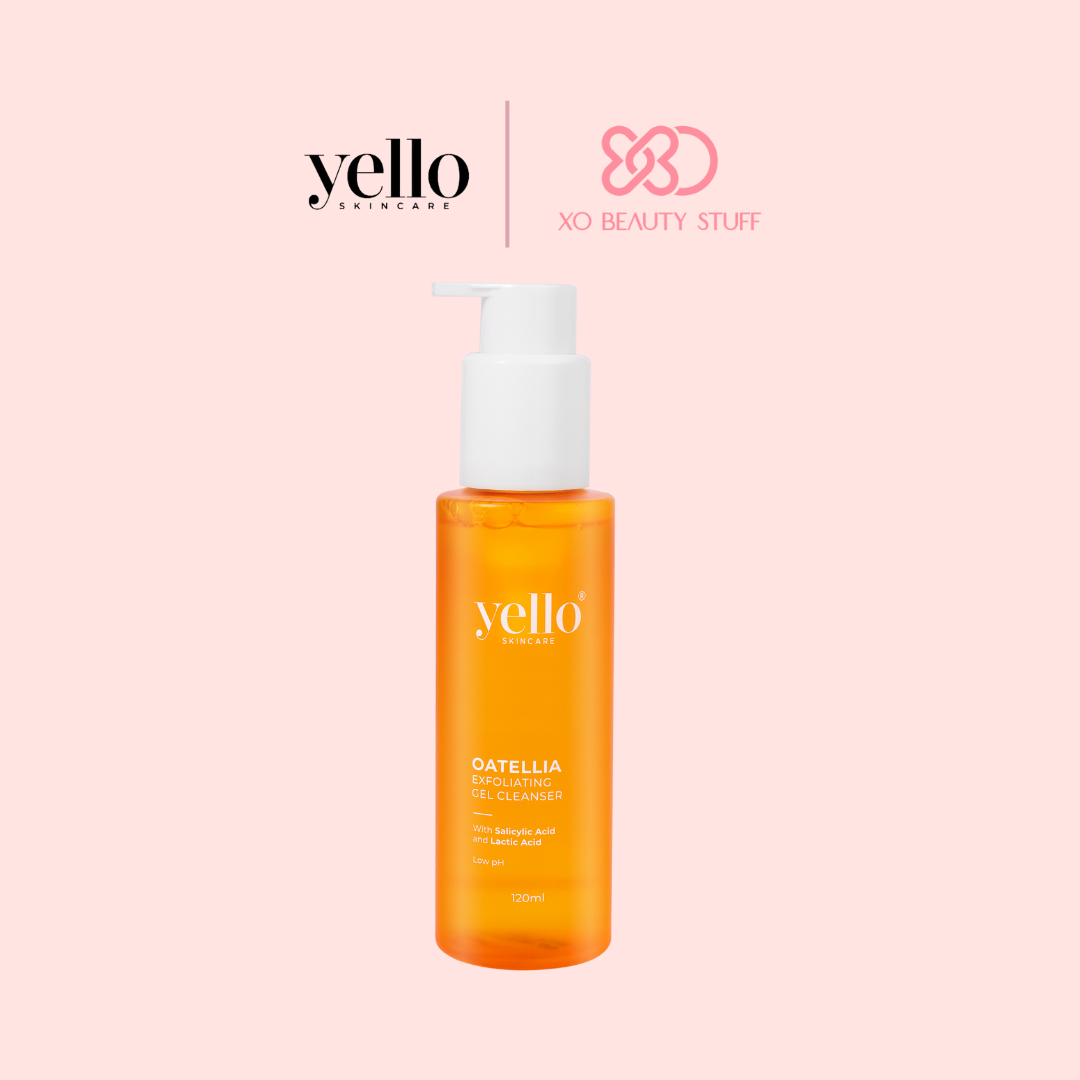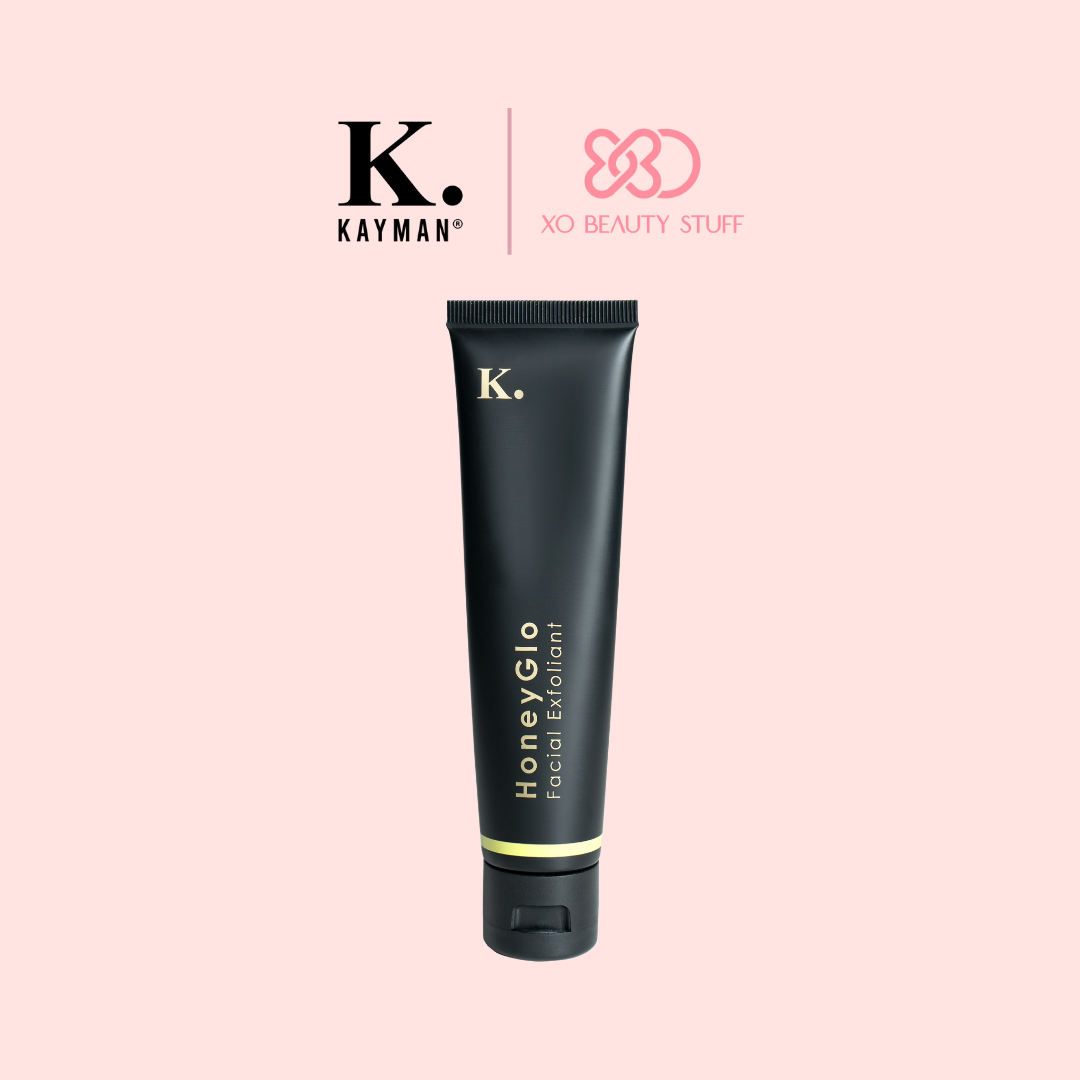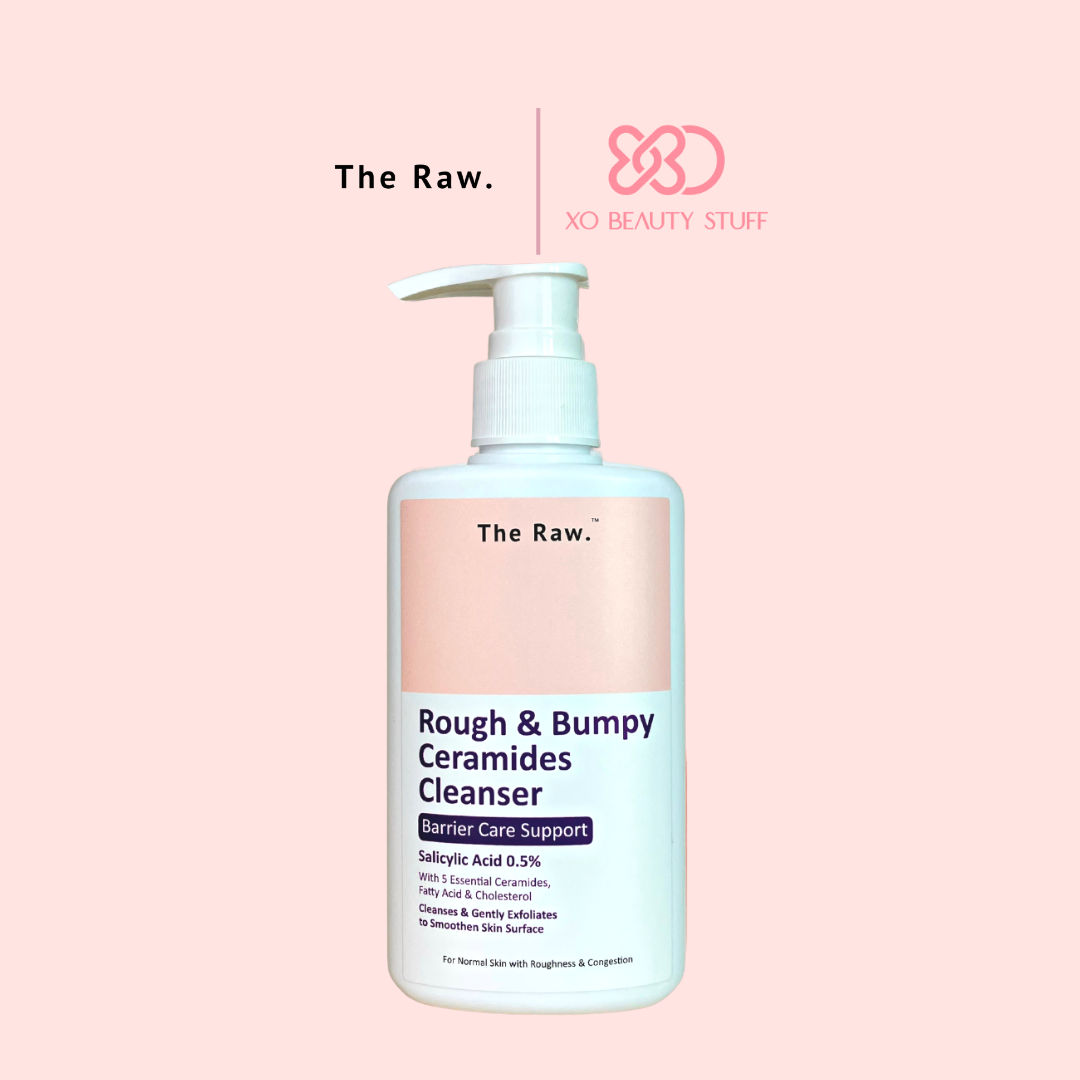
Choosing the right exfoliator for your skin is essential to ensure that you effectively remove dead skin cells and improve your skin's overall texture and appearance without causing irritation or damage. Here are steps to help you select a suitable exfoliator:
1. Determine Your Skin Type:
- Understand your skin type, whether it's oily, dry, sensitive, combination, or normal. This will influence the type of exfoliator that suits you best.
2. Identify Your Skin Concerns:
- Consider your specific skincare concerns, such as acne, fine lines, uneven texture, or hyperpigmentation. Different exfoliators may address various issues.
3. Understand Exfoliation Types:
There are two main types of exfoliators: physical (mechanical) and chemical. Knowing the difference will help you choose the right one for your skin. Physical exfoliators contain small particles, like grains or beads, which physically scrub away dead skin cells when massaged onto the skin. Chemical exfoliators use acids or enzymes to dissolve dead skin cells and promote cell turnover.
4. Choose the Right Exfoliator for Your Skin Type:
For Oily and Acne-Prone Skin: Consider salicylic acid or glycolic acid-based exfoliators. These can help unclog pores and reduce breakouts.
For Dry and Sensitive Skin: Opt for a gentle chemical exfoliator with ingredients like lactic acid or mandelic acid. These are less likely to irritate sensitive skin.
For Combination or Normal Skin: You have more flexibility, but it's essential to balance exfoliation. You can use a mild chemical exfoliator or a gentle physical exfoliator.
5. Check the Ingredients:
Read the product label and ingredient list carefully. Look for exfoliating agents listed, such as alpha hydroxy acids (AHAs) like glycolic acid or beta hydroxy acids (BHAs) like salicylic acid.
6. Patch Test:
- Before using a new exfoliator on your face, perform a patch test on a small area of your skin to check for any adverse reactions or allergies.
7. Frequency:
- Follow the recommended usage instructions for your chosen exfoliator. Over-exfoliating can damage the skin barrier, so don't use it too often.
8. Sun Protection:
- Exfoliating can make your skin more sensitive to the sun. Always wear sunscreen during the day to protect your skin from UV damage.
9. Listen to Your Skin:
- Pay attention to how your skin reacts to the exfoliator. If you experience redness, irritation, or excessive dryness, adjust the frequency or switch to a milder formula.
10. Consider Professional Advice:
- If you're uncertain about which exfoliator is right for you or have specific skin concerns, consult a dermatologist for personalized recommendations.
Remember that consistent and appropriate exfoliation can help improve your skin's texture and appearance over time. Be patient, and give your skin time to adjust to a new exfoliation routine.

